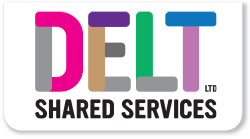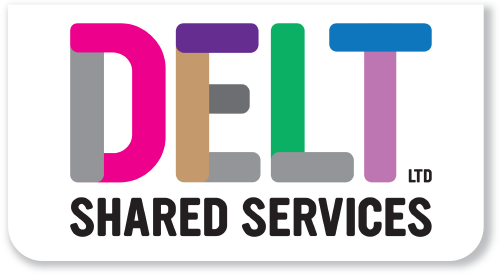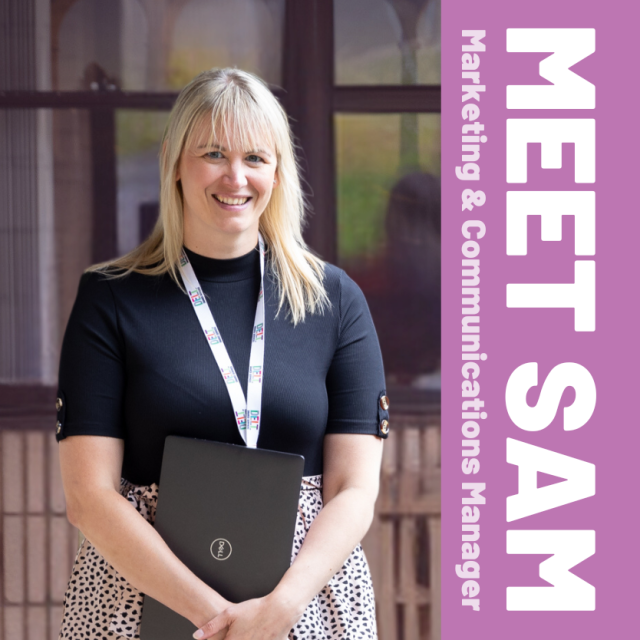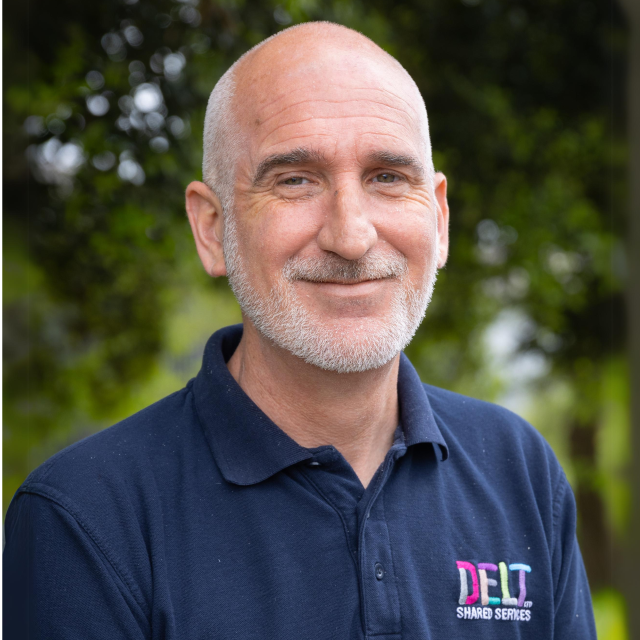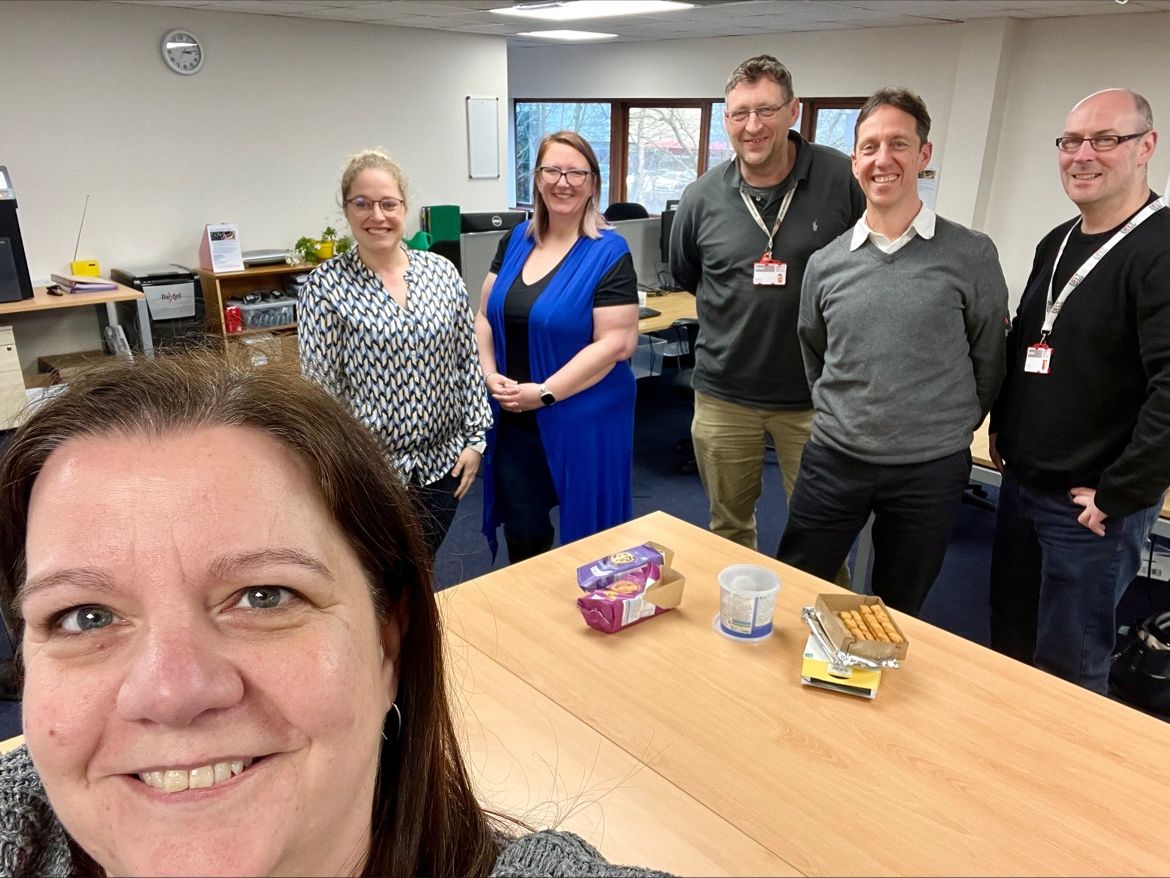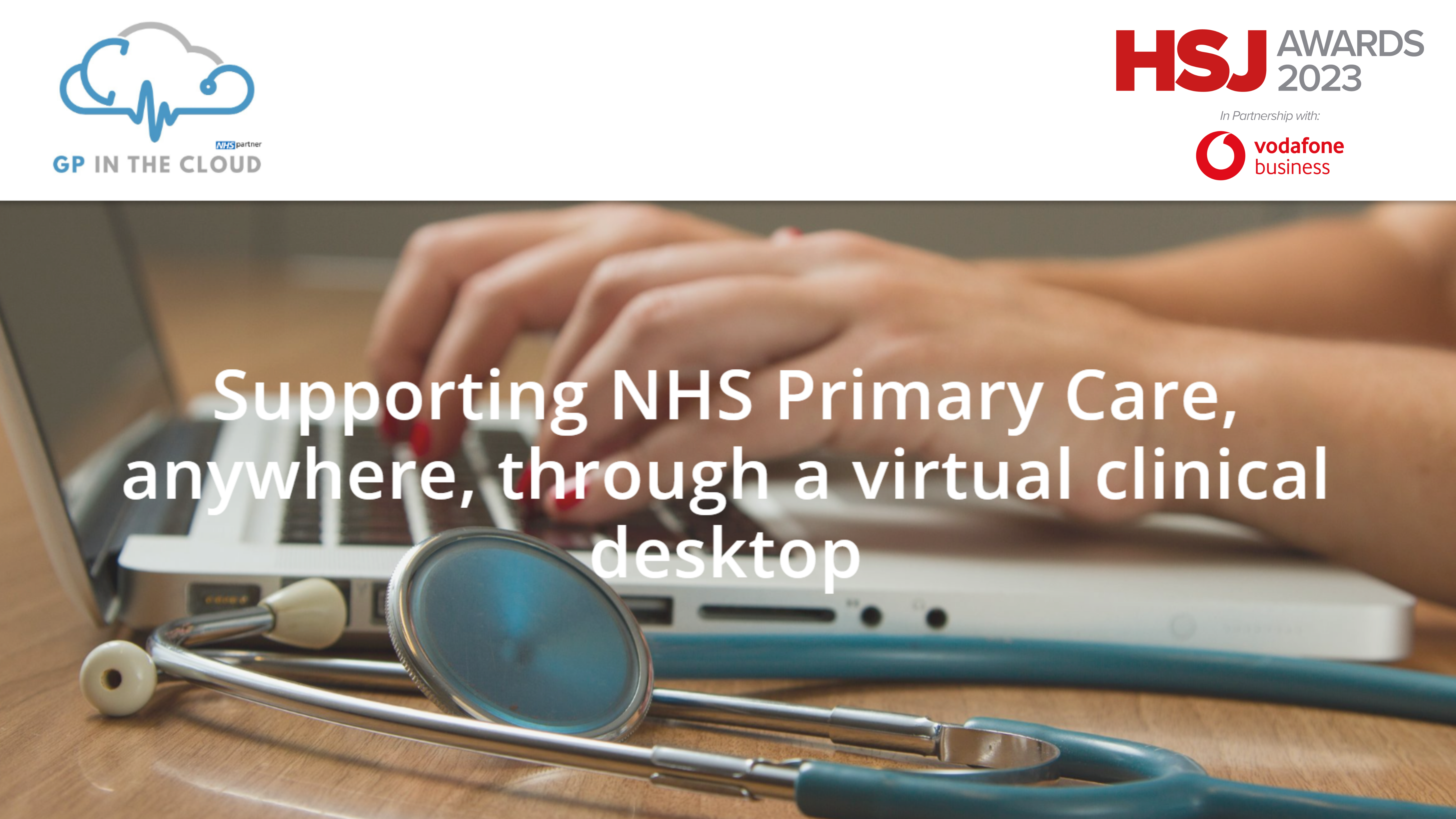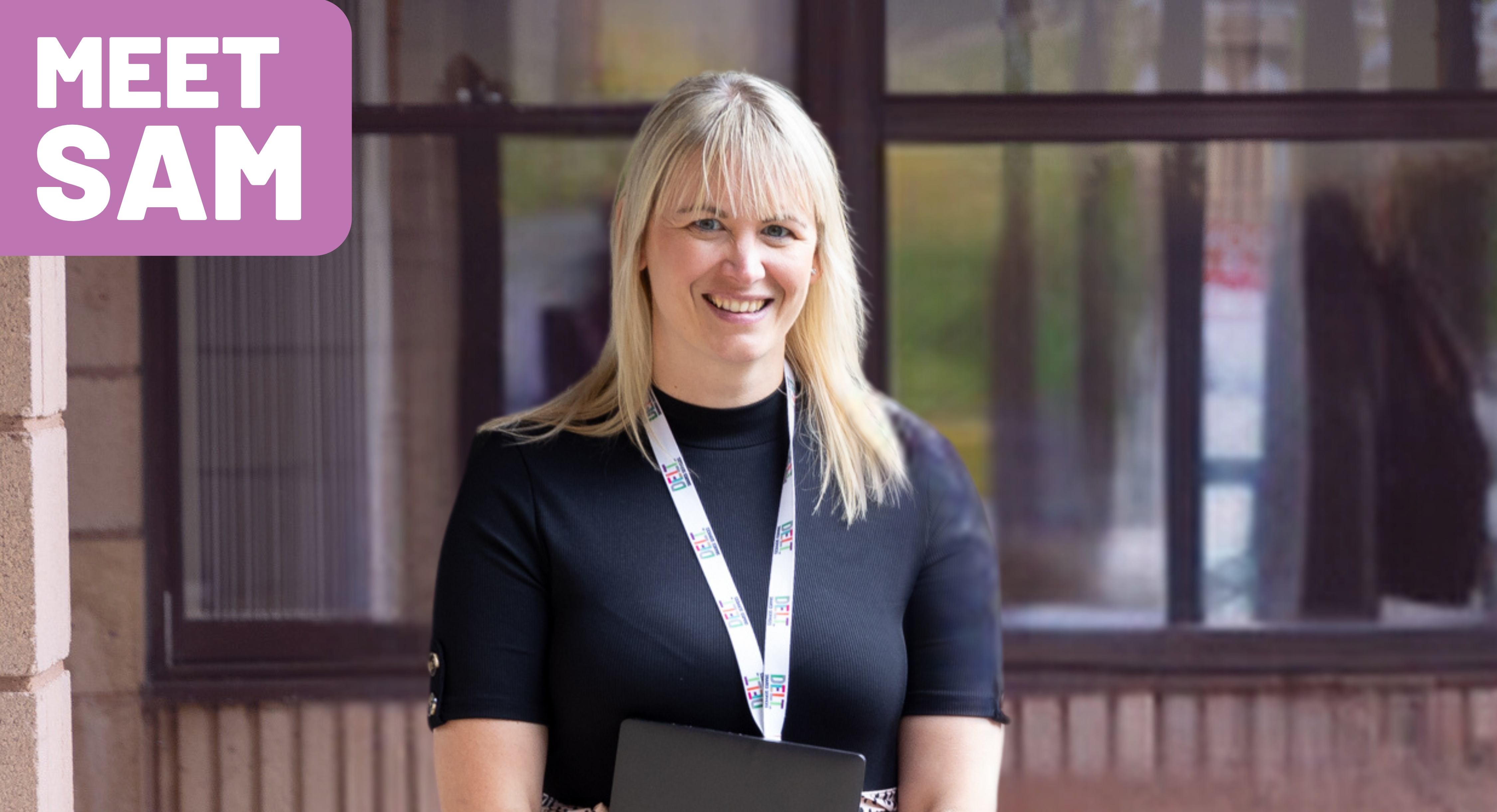
Meet Sam: Our Marketing and Communications Manager
What is your current role and what do you enjoy most about it?
I am the Marketing & Communications Manager at Delt, working closely with our talented Marketing & Communications Assistant, Rahima, to oversee all aspects of company communications. I thrive in Delt’s dynamic and constantly evolving environment, where I collaborate with a fantastic team to provide communication expertise not only to our employees but also to our valued partners and customers.
Why did you apply for your role at Delt?
I was seeking a new challenge after spending my entire career in various roles within the private sector. I was intrigued by the public sector and saw the role at Delt as the perfect opportunity to gain that experience. Delt stood out as a unique organisation.
Additionally, I wanted to join a larger company again, and from the very beginning, Delt offered the flexibility and support I needed as a new mother while managing a successful career. Being part of a bigger company has also allowed me to enjoy the social aspects of work. As a social person, I appreciate the collaborative and supportive nature of our business, and I value the opportunity to form friendships with colleagues.
Joining Delt has been the best decision for both myself and my family.
What has been the highlight of your career with Delt so far?
One of the highlights of my career at Delt has been successfully integrating myself within the business and becoming a trusted member of the team. Over the last year, the Marketing and Communications department has established itself as a key resource for various teams across the company. Colleagues regularly come to us for support and guidance on a wide range of projects, from strategic campaigns to internal communications. This trust and reliance on our expertise reflect the strong relationships we’ve built and the positive impact we’ve made.
Being a part of this collaborative environment and knowing that our contributions are valued by other departments has been incredibly rewarding.
How would you describe the team culture at Delt, and how does it contribute to your job satisfaction?
The team culture at Delt is collaborative, supportive, and inclusive. At Delt, we emphasise open communication and teamwork, which creates a positive work environment where everyone feels valued. The culture contributes to my job satisfaction by providing a sense of belonging and the opportunity to work with diverse, talented individuals who are committed to shared goals.
The encouragement and mutual respect among team members inspire creativity and drive, making my role both fulfilling and enjoyable.
What do you enjoy doing outside of work?
When I’m not at work, I enjoy exploring new places and parks with my fiancé and our toddler. I’m also busy organising our wedding and planning family holidays to create precious memories.
Samantha Langridge, Marketing and Communications Manager
